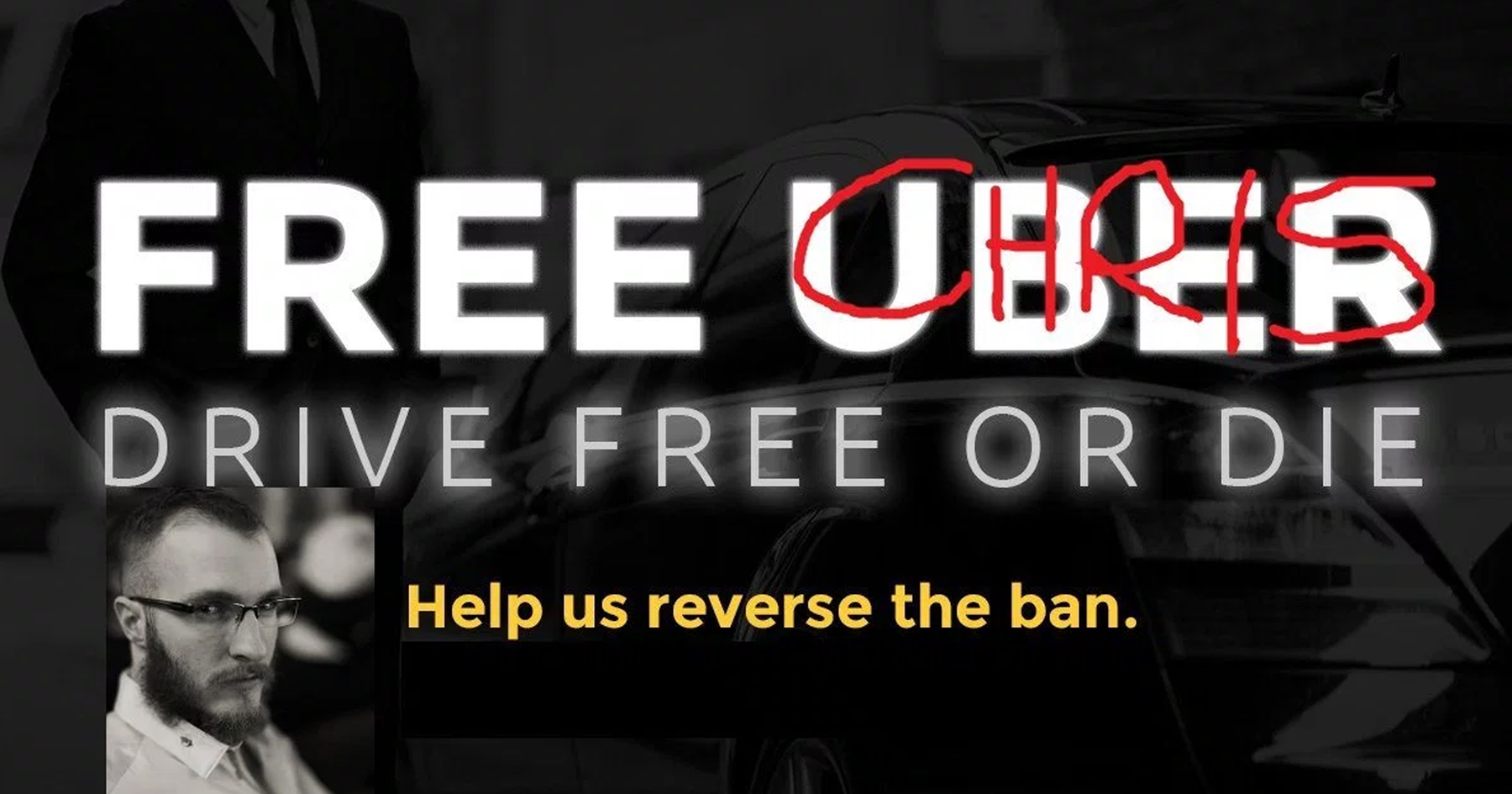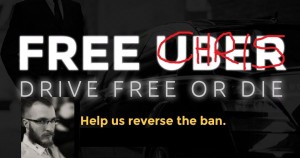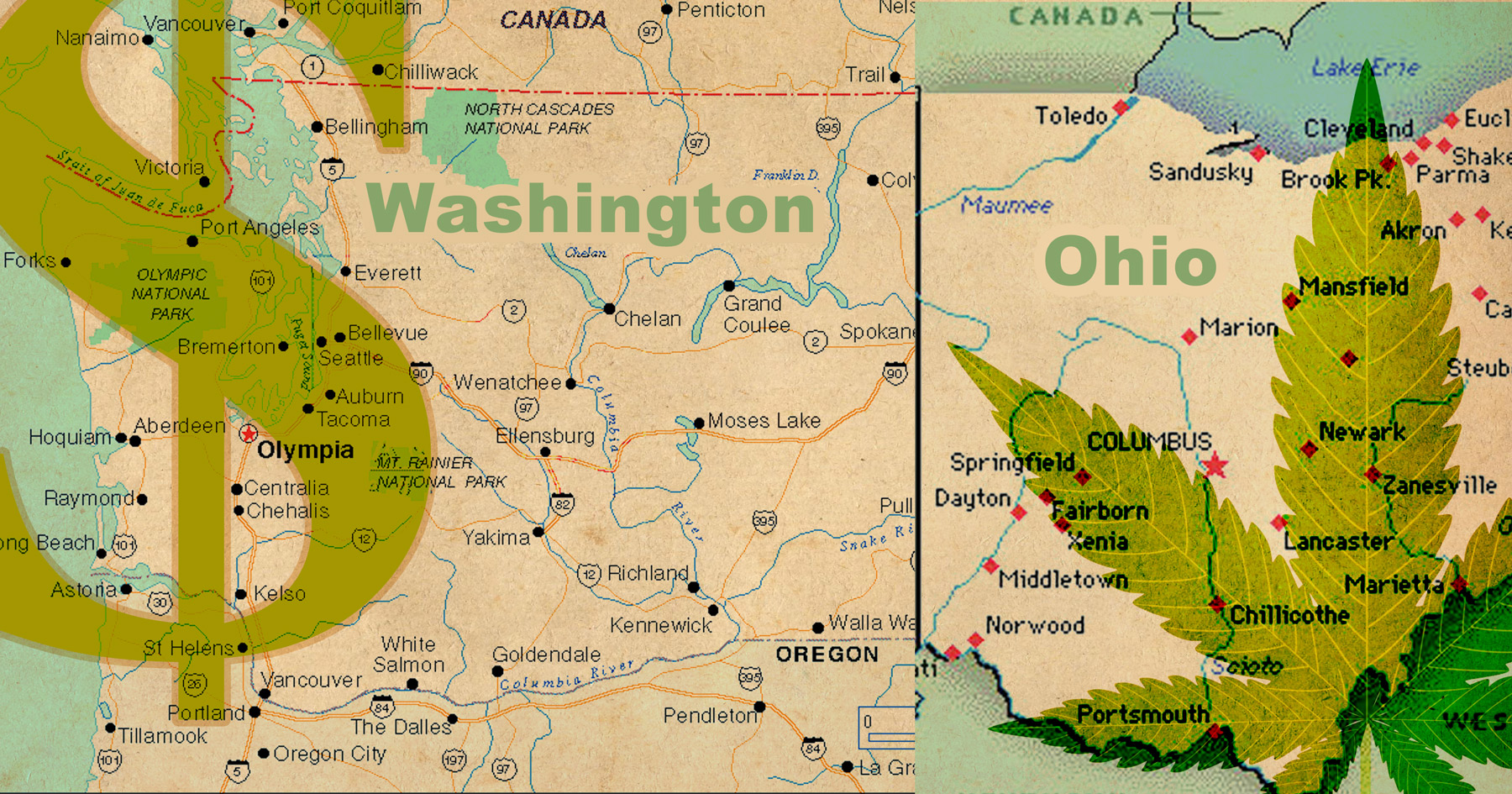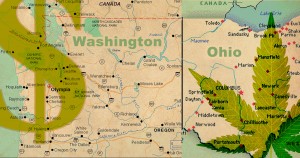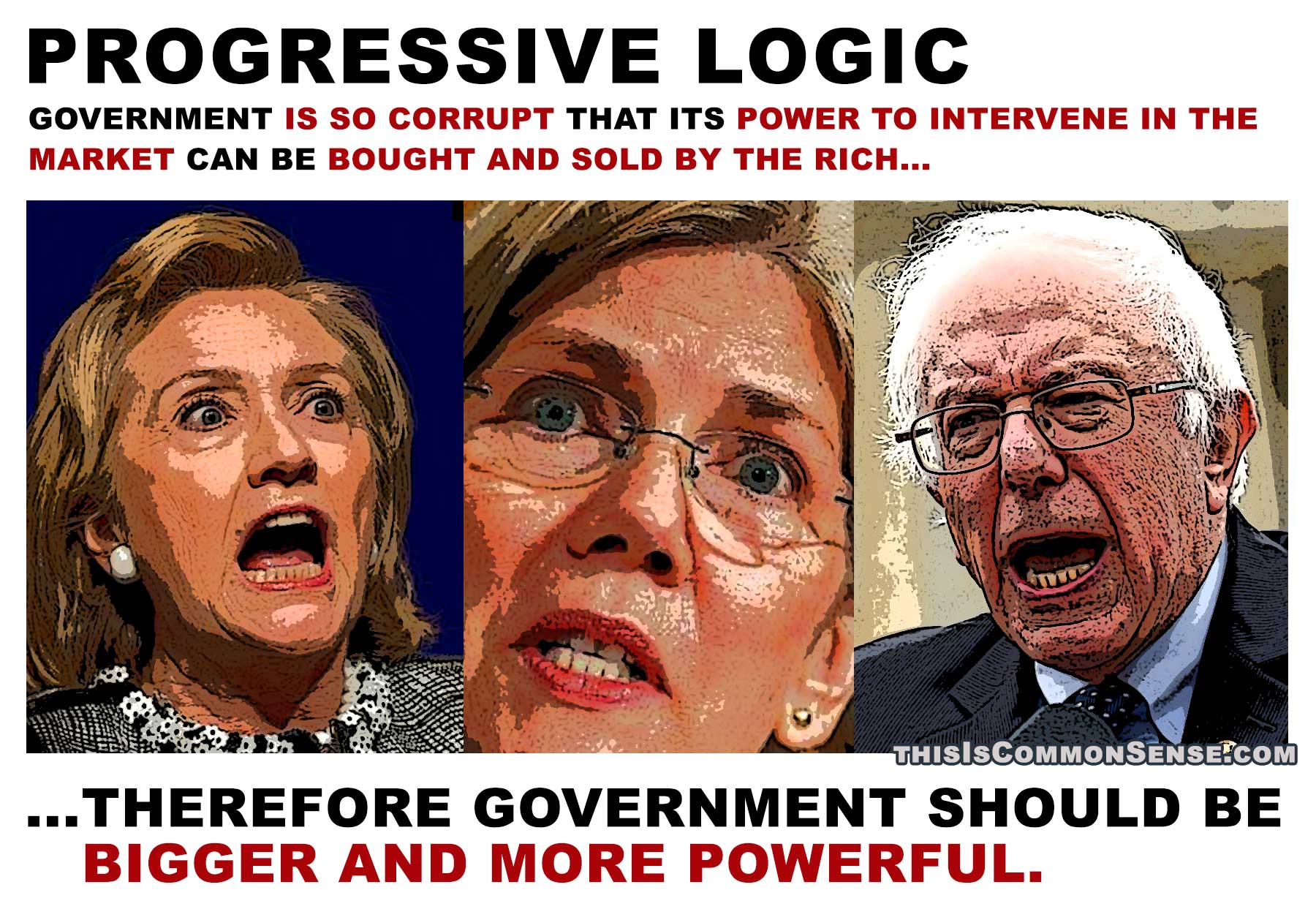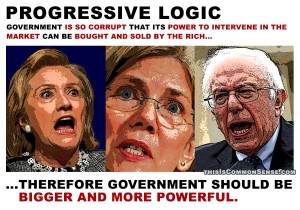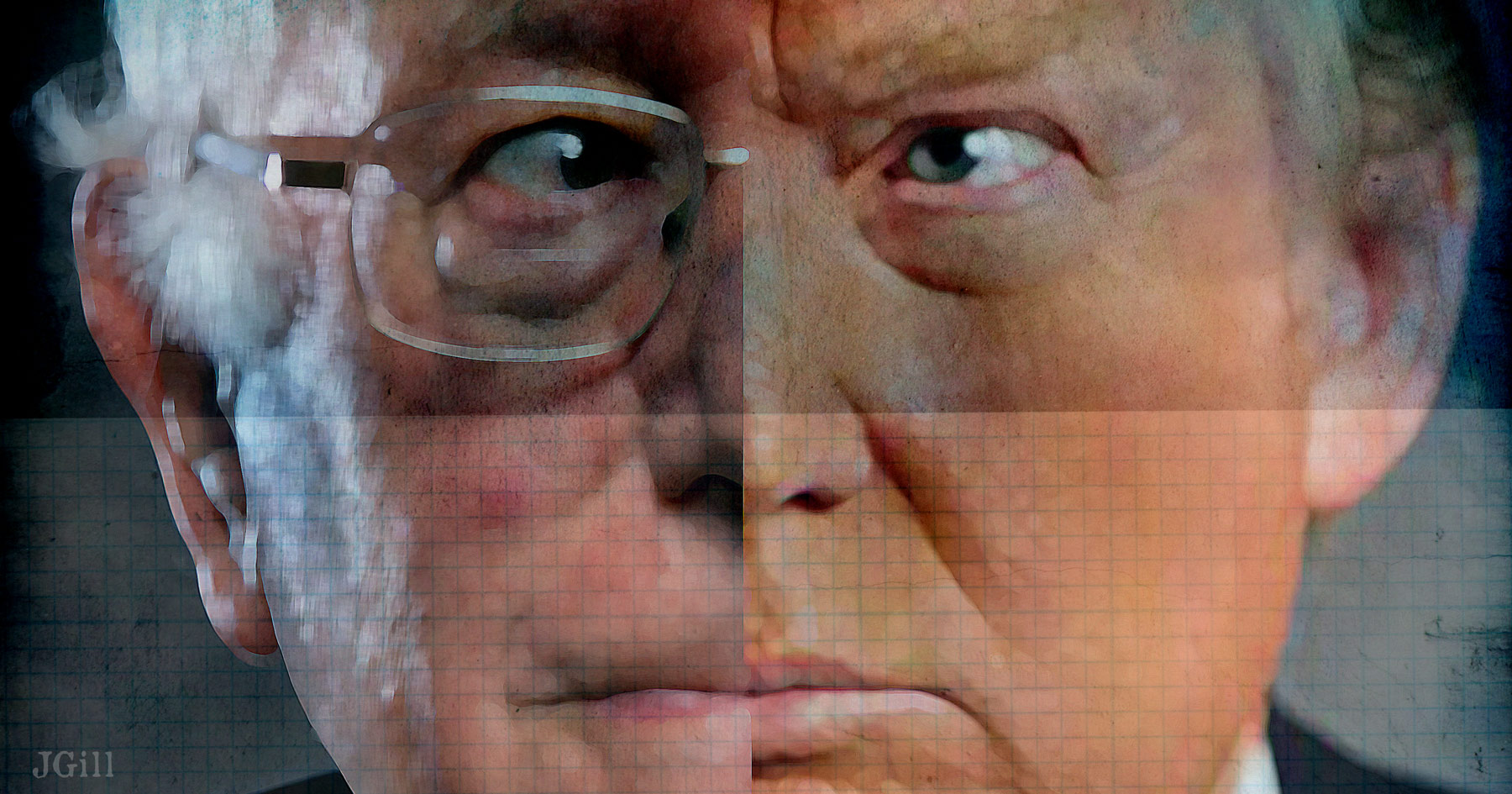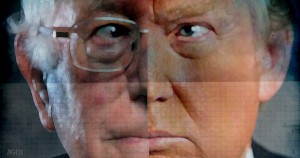Ever told your kids to share? That’s aiding and abetting, you know.
Sharing is illegal.
At least, it is in Portsmouth, New Hampshire . . . regarding Uber.
The popular ride-sharing company may be widely heralded as the flagship of the new sharing economy, but a Portsmouth city ordinance effectively blocks the service, requiring that the company provide background checks on all drivers, which Uber calls “draconian.”
While the company is trying to get the city to alter that mandate, several Uber drivers have ignored the ban, continuing to pick up passengers. In October, police stopped Stephanie Franz, who now faces a $500 fine.
Chris David has also continued to drive for Uber. After he recorded a verbal altercation with a cabbie on a city street and posted it to YouTube, David was charged with wiretapping — a felony.
Taxi companies are upset, too, claiming the ordinance creates “a free-for-all.” A Portsmouth Taxi executive bemoaned, “Anybody can come in.”
Before the ordinance took effect in September, only 28 cabs were allowed to operate. “That’s like limiting the number of restaurants and bars in Portsmouth to 28 to keep them full day and night,” argued Assistant Mayor Jim Spilane.
In the “Live Free or Die” state, barriers to earning a living and heavy-handed criminal charges have led to the pro-Uber slogan, “Drive Free or Die.”
Tonight at 6:30 pm, there’s a #FreeUber rally at the Portsmouth City Hall. If you’re nearby, please go help explain that government regulations ought to accommodate economic advances, not frustrate them.
That is, if you can find a legal ride.
This is Common Sense. I’m Paul Jacob.
